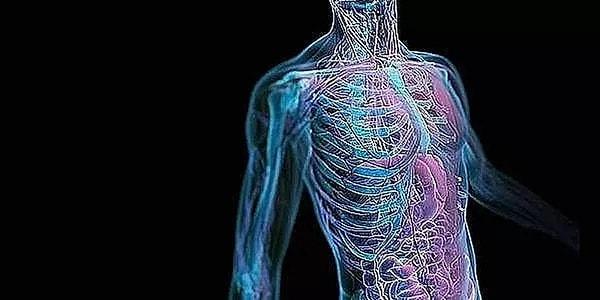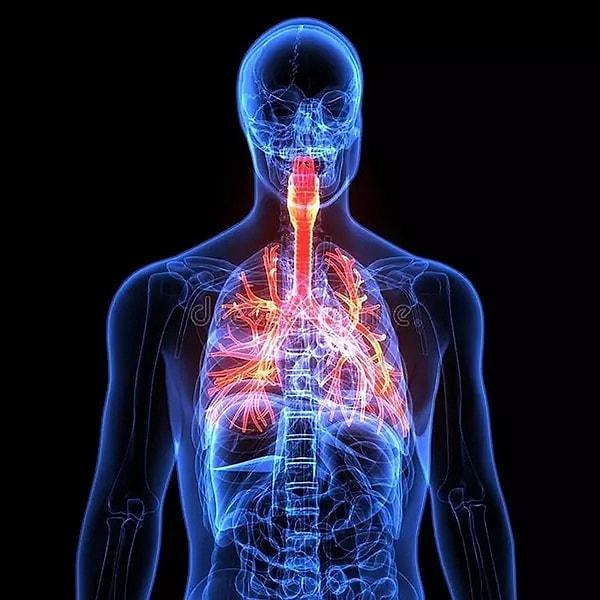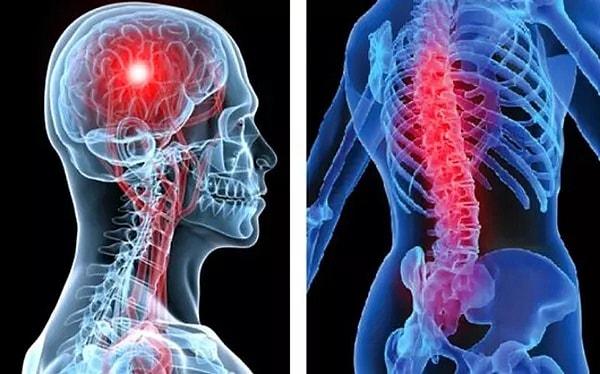Where Does Stress Accumulate Most in Our Bodies? The Physical Manifestations of Stress
Do you ever find yourself feeling stressed without apparent cause? The reality is that nothing happening in our bodies is without reason. Let's explore some clues to help you understand whether your stress is genuinely linked to a potential underlying illness or triggered by specific reasons leading to an anxiety attack. Join us as we unravel the mystery of where stress truly accumulates in our bodies and gain insights into the possible origins of your stress and anxiety.
Our body comprises a unique set of systems working together to keep us alive and healthy.

At times, especially when we are busy, stressed, or anxious, the result can often be increased anxiety, panic, and a sense of impending disaster. When we experience this, our physical symptoms are also typically felt intensely because our stress and anxiety manifest in systems where we may perceive a serious medical condition. Or at least, it makes us feel that way.
There are several ways to understand this.

Understanding how different areas of our body respond to stress helps differentiate between a physical anxiety attack and a genuine medical emergency. Let's explore a few common reactions of the body to stress and overload and where they occur. 👇
Muscular System

When we experience anxiety, stress, and worry, our muscles often tense up. Recognizing that many of our anxiety centers are muscles helps us better understand why these areas react so intensely when we are stressed. For example, understanding that the bladder is a muscle can explain why many people frequently urinate when anxious. Similarly, some people experience diarrhea when they are angry, and realizing that the rectum is a muscular tube explains this phenomenon. Since the heart is also a muscle, it tightens and works harder when stressed. While the responses of the muscular system to anxiety may be intense, they do not necessarily indicate a more significant medical emergency.
Organs and Cortisol

Cortisol is the body's naturally produced stress hormone. When triggered, it overproduces and distributes throughout the entire body rather than to other essential places like the immune system. During the stress response, cortisol is directed towards organs, especially the heart, causing an increase in heart rate; the lungs, leading to accelerated breathing; and the brain, resulting in headaches, migraines, and brain fog. Therefore, it's not surprising that individuals experiencing anxiety often report difficulty breathing, a rapidly beating heart, and a confused and unfocused mind. These physical responses can be mistaken for serious issues such as heart attacks, aneurysms, or strokes.
Respiratory System

When responding to fear, the respiratory system enters a protective mode. Increased blood pressure and enhanced respiration are ways the body directs adrenaline towards a 'fight' response. For an anxious person, this indicates that the respiratory system is working faster and harder than under normal conditions. This can lead to dizziness and sensations of shallow breathing or shortness of breath.
Central Nervous System

The central nervous system - essentially the body's central command - works to receive and process sensory information and send signals to the body based on this information. When overloaded with sensory information, the signals sent can negatively impact an individual's mood and emotions. For instance, an excessive response to sensory information can cause the brain to flood the nervous system with hormones and cortisol, leading to a physical response such as panic. These feelings of panic can easily trigger more serious physical problems.
When all these systems work excessively at the same time, what happens?
The body attempts to adapt to the overall defense and fear response across its systems, often resulting in intense anxiety and panic. If the state of stress becomes repetitive, we tend to adapt to it. Understanding this connection is crucial for coping with intense emotions and their corresponding physical responses in a harmonious and healthy manner.
Keşfet ile ziyaret ettiğin tüm kategorileri tek akışta gör!


Send Comment